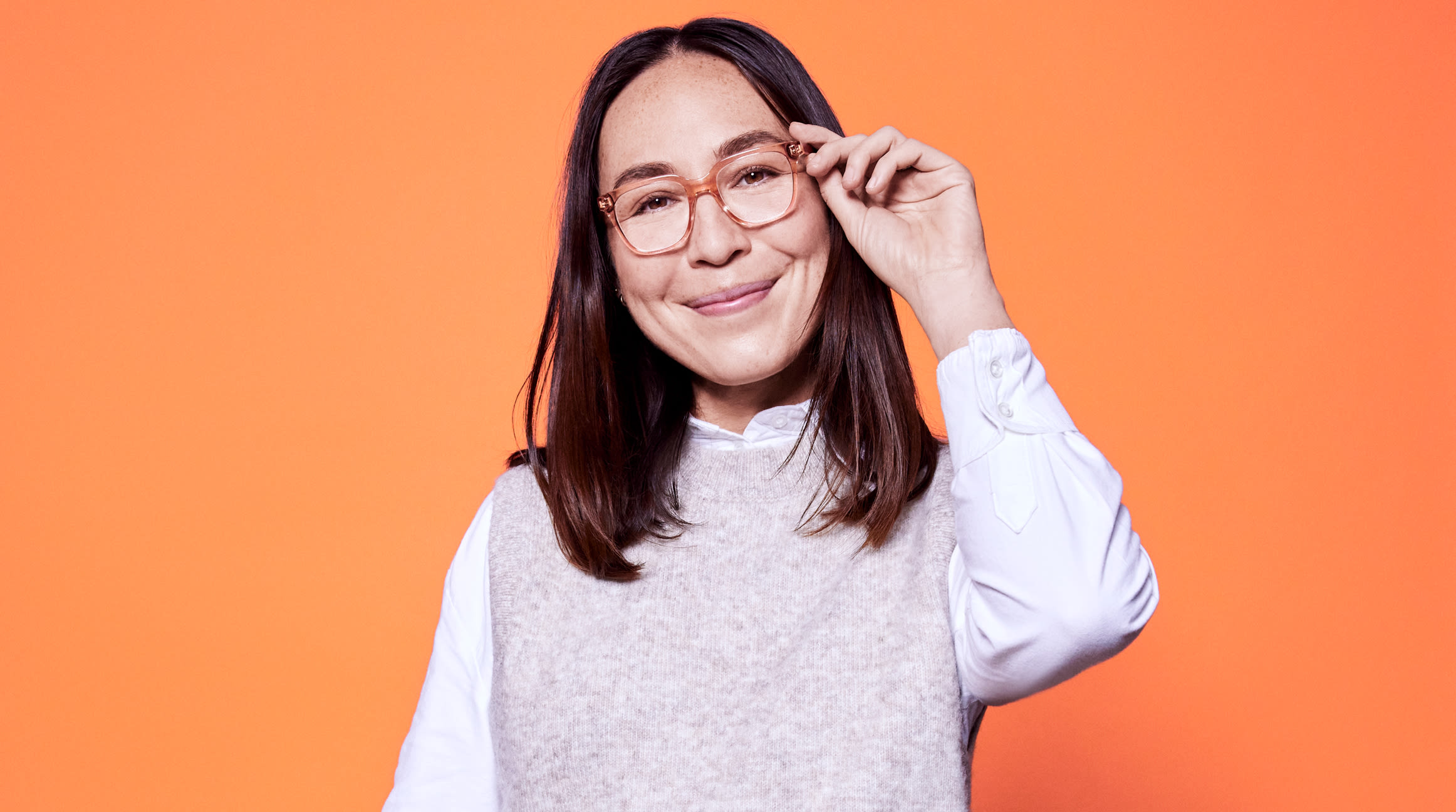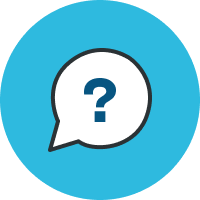What are Blue Light Filtering Glasses?
We wake up foggy-eyed and almost immediately search for our phones to find various notifications reminding us of our busy day ahead.
Our day continues with social media updates, posts, and maybe even a quick catch-up on some news.
Once at work, whether at the office or home, most of us stare at computer screens for prolonged periods.
The fun doesn't end there! When the workday is over, which for many of us may not be until well past sundown, we're right back to our screens to get a little unwinding time. Many of us utilize our screens right up to our much-needed hours of sleep.
Perhaps, this description doesn't fit you entirely, but most of us can say with certainty that our eyes are glued to a screen a few times throughout the day. According to recent data by DataReportal, Americans spend an average of 7 hours daily looking at a screen—that’s more hours than some of us sleep!
Unfortunately, many of us can't escape using computers, tablets, and smartphones almost daily. So, how exactly do we combat those possible pesky side effects and discomforts from the prolonged use of screens—blurry vision, digital eye strain, poor sleep, and even headaches?
Here is where blue light filtering glasses make their grand entrance.
Before we take the plunge and purchase a pair or two, we've got reasonable questions. What exactly are blue light glasses, and do we truly need them?
To answer these questions, we need to get to know blue light.
What is blue light?
The sun is our primary source of blue light. Fluorescent and LED light bulbs are another way we consume blue light in our day-to-day lives.
So, if we've been getting an abundance of blue light exposure long before the boom in technology, why then might we need blue light glasses?
Some users find that overexposure to blue light from digital screens causes eye fatigue, and throwing on a pair of blue light filtering glasses helps reduce some of these adverse effects.
How exactly does blue light affect us?
Experts believe digital eye strain, or Computer Vision Syndrome, afflicts about 50% of computer users. Some of the symptoms they experience are dry eyes, irritated eyes, blurred vision, and even headaches.
Another aspect of blue light is its effect on sleep. Screen time within hours of sleep has been noted to produce poor sleep.
Blue light emitted from electronic devices has been known to disrupt our circadian rhythm—our sleep cycle. Blue light may signal the brain to wake up instead of winding down to sleep.
One Harvard study showed that as little as two hours of exposure to blue light at night slowed or even interrupted the release of the sleep hormone melatonin.
One of the best ways to avoid this disruption is to limit screen time before bed. Of course, this may be easier said than done.
Aiming to eschew blue light may not be realistic for most of us or necessary.
Is blue light all harmful, and should we attempt to avoid it at all costs?
Actually, no. Like almost all things in life, the key is balance.
Natural blue light boosts alertness, assists with memory and cognitive function, and is associated with elevated mood.
The blue light we get from the sun is essential for the growth and development of our eyes and vision as children.
Inadequate exposure to blue light has contributed to the recent increase in myopia — nearsightedness.
What are blue light glasses, and are people excited about them?
Blue light glasses have specially crafted lenses that are said to block or filter out the blue light given off from digital screens—reducing digital eye strain and potentially yielding other benefits.
I'm sure most of us remember seeing or using PC screen covers said to protect our eyes from the prolonged use of our computer screens. Since, what seems like a lifetime ago, laptops, tablets, and most prominently, smartphones have been added to the mix of digital screens. It's only natural that PC screen covers would evolve into something more mobile and convenient such as blue light filtering glasses.
We've inherently grown accustomed to utilizing digital devices on a daily basis, especially within these past few years. The pandemic we have experienced has increased our use of screens. With this rise in screen utilization comes the innate desire to limit the possibility of digital eye strain.
Limiting or omitting digital screen time usage before bed is the best option for better sleep—realistically, that may not be feasible for some.
Most, if not all of us, can't omit our digital screen usage at night. Work, school, or everyday life gets in the way of powering down our digital lives.
Blue light filtering glasses have changed this narrative, allowing users to improve their sleep while continuing their digital consumption.
Better sleep isn't the only reason people are getting excited about blue light filtering glasses—some users have reported working longer and more comfortably with the aid of blue light glasses. Others have stated their eyes don't get as tired, and they believed the use of blue light glasses diminished their frequency of headaches.
So, how do you know if blue light filtering glasses are right for you?
If you’re using digital screens on a daily basis you may be experiencing eye fatigue and other symptoms like:
- Occasional blurred vision
- Digital eye strain
- Possible dry eyes
- Your sleep may be thrown off
- You may experience minor headaches
Eye fatigue can sometimes go unnoticed, making it hard to be aware that you’ve spent a prolonged amount of time looking at a screen.
Not to worry! Optometrists have a few tips that can help limit eye strain for your screen time usage:
- The 20-20-20 routine — Every 20 minutes, look at something 20 feet away from you and focus on it for 20 seconds. This method will help your eyes relax.
- Make eye drops a part of your routine throughout the day—keeping your eyes lubricated will considerably help dry eyes.
- Sit farther away from your screens. Sitting too close to computer screens and TV's can lead to unnecessary eye strain.
- Turn off digital devices at least one hour before sleep. Doing so will aid in maintaining your sleep cycle.
Remember to chat with your optometrist about your eye health to ensure you’re making the best choice for the longevity of your vision. Problems you're facing with your vision could be associated with other eye health issues, so get an all-clear from your doctor.
Limiting screen time usage is a great way to reduce digital eye strain, but it may not always be practical. If that sounds familiar, you might consider giving blue light filtering glasses a try.
So, get a pair you're sure to love like Hubble's various comfortable, fashionable frames and wear away.
Our Hubble frames are created with your eye health and comfort in mind. Furthermore, you can easily add a blue light filter to your prescription eyewear or purchase solely blue light filtering frames.
Hubble's glasses are made with premium acetate frames sourced from natural fibers and are then hand-polished.
We utilize lenses that are anti-reflective, anti-glare, under-go hydrophobic treatments, and have an anti-scratch coating to ensure visual clarity and longevity.
Plus, you can virtually try on any pair you favor and see just how nicely our frames look on you. Confirm the measurements are an excellent fit for you, enjoy our free shipping, and start wearing a pair of blue light filtering glasses you're sure to love!
EXAMPLE - HOW TO CHOOSE THE BEST CONTACT LENSES


